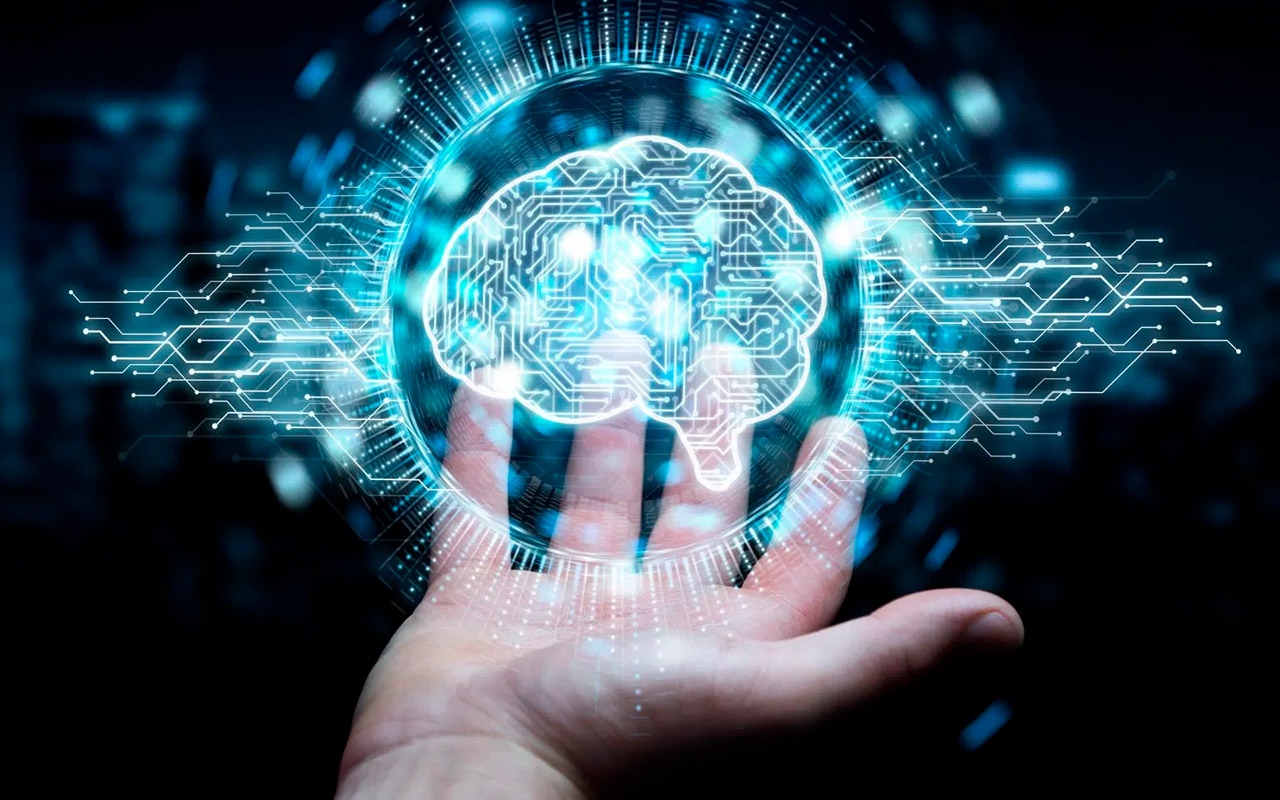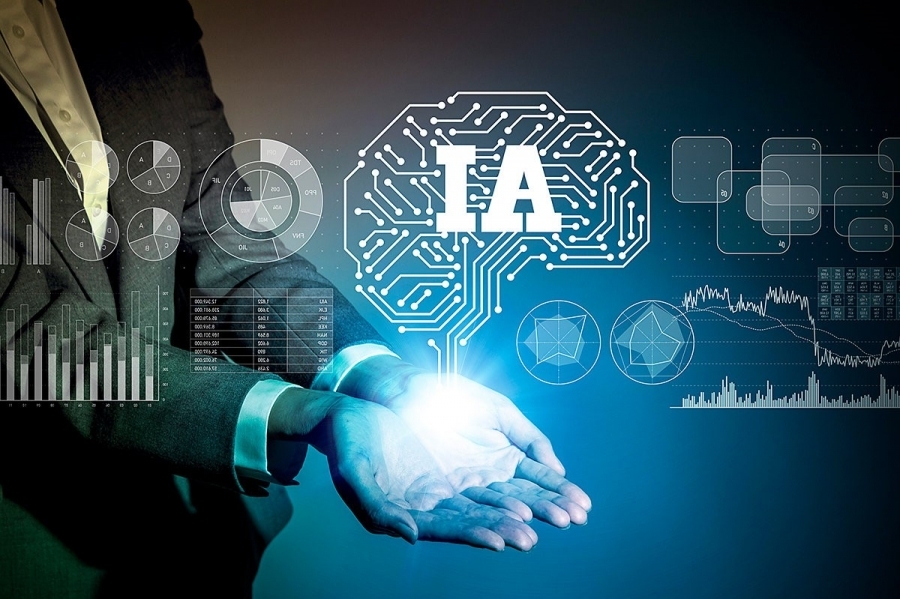Artificial Intelligence (AI) makes human beings analyze their potential for business. Its impact today is concentrated in three major areas: automation of business processes and rules, gaining knowledge about the consumer through data analytics and analysis of human resources and clientele (People Analytics).
"The automation of business processes and rules we can say without a doubt, is currently the area in which Artificial Intelligence is making the greatest impact", says Carlos Trejos, director of Business Development at MT2005.

Automated data transfer between systems ( sales, inventory, among others), the initiation of internal administrative processes related to the business and the reconciliation of financial processes, are some specific cases that represent lower costs and easy implementation of high-impact cognitive technologies.
In a study conducted by Productivity Inc. it was concluded that among the main benefits of implementing process automation are: the reduction of delay times and the number of errors during internal administrative processes.
Analyst firm Gartner lists among its predictions that the role of the Information Technology (IT) department will become even more prominent within organizations as the adoption of automation initiatives accelerates and more organizations create fully automated value chains.
According to Harvard Business Review, the second most common type of AI-related project (38% of the total) involves the use of algorithms to detect patterns in vast volumes of data and interpret their meaning. Some applications are aimed at: predicting which customer is most likely to buy, identifying fraud in real time, analyzing quality problems in manufacturing and automating personalized marketing.

The implementation of this technology, according to Trejos, allows businesses to make crucial decisions and act much faster, ensuring that their competitive positioning remains solid.
Another study by PricewaterhouseCoopers reveals that at least 32% of human resources departments in major companies around the world are redesigning their organizations using AI to optimize their adaptability and results. Talent management, performance management, diversity and equality, job continuity and risk are now part of AI software analysis.
"Instead of serving as a replacement for human intelligence and creativity, artificial intelligence should be seen as a support tool to empower businesses and as an indispensable ally in today's competitive environment", says the executive.
The answer to complex questions such as: How will AI be used in organizations in the future, what percentage of companies will use it, are for the moment very difficult to answer, but what is certain is that, if we were to evaluate the results, artificial intelligence has almost guaranteed its participation in the future, it could redefine economies and generate new markets from scratch. The really interesting question is: Is your organization ready to adopt and benefit from Artificial Intelligence?
 English
English  Español
Español 
